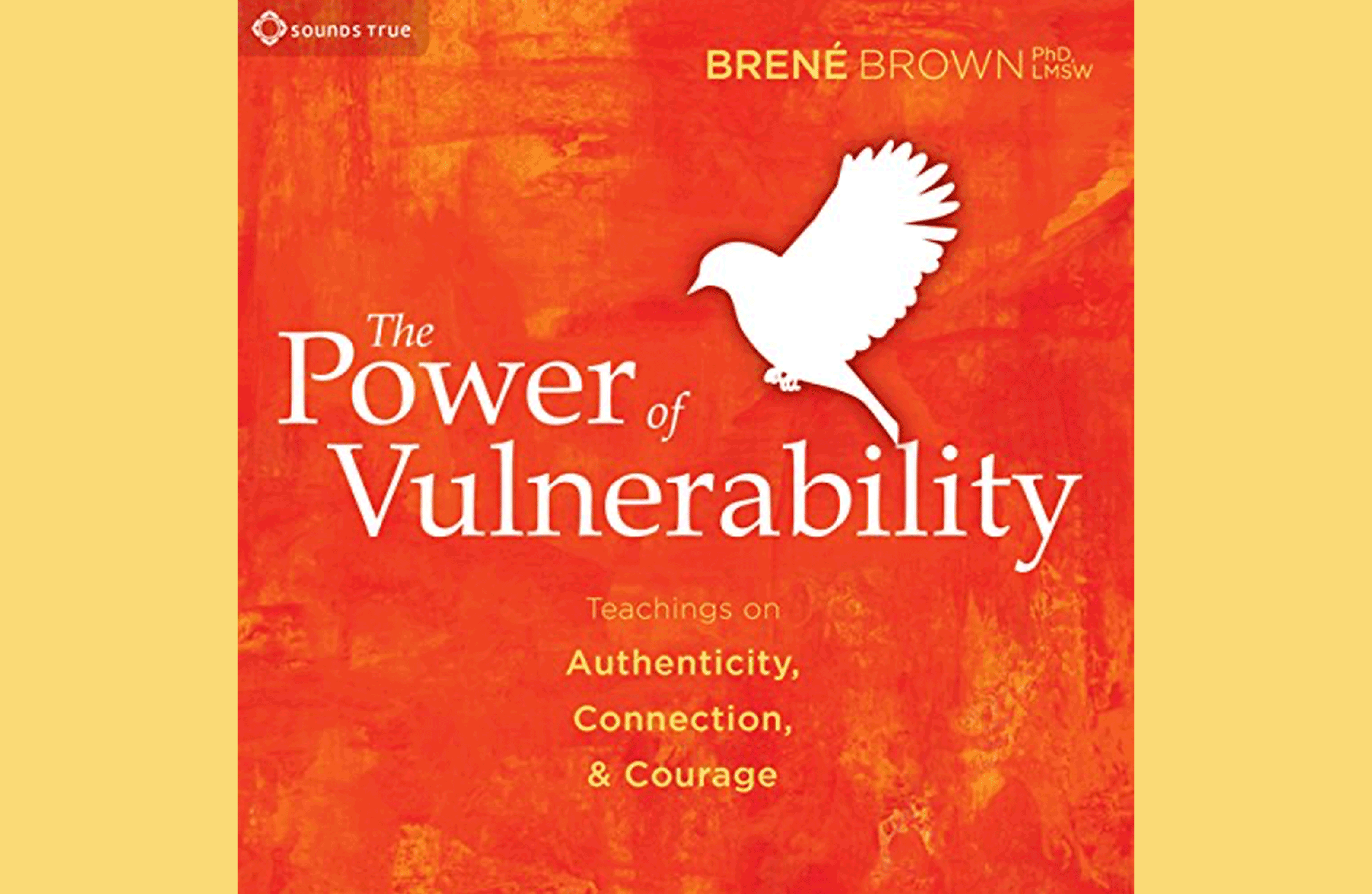How to be a Good Leader: Be Vulnerable
Explore how to overcome the fear of judgment in entrepreneurship through Brené Brown's insights on vulnerability. Learn from famous examples like Jobs and Rowling to embrace innovation and authenticity.

As entrepreneurs, we often find ourselves at the crossroads of innovation and uncertainty. In this journey, one of the most formidable challenges we face isn't just the market or competition; it's the internal battle against the fear of judgment. Brené Brown, in her seminal work, "The Power of Vulnerability: Teachings on Authenticity, Connection, and Courage," provides invaluable insights into overcoming this fear. "Courage starts with showing up and letting ourselves be seen," she asserts. This post delves into Brown's teachings, offering practical strategies for entrepreneurs harnessing vulnerability as a strength.

Understanding Vulnerability in the Entrepreneurial Context
Vulnerability is not a sign of weakness; it's the bedrock of innovation and change. "Vulnerability is the birthplace of innovation, creativity, and change," Brown eloquently states. This translates to the courage to present new ideas, take risks, and be open to failure in entrepreneurship. It's about showing up, even when there are no guarantees of success. Think of Steve Jobs, who embraced vulnerability by challenging the status quo, resulting in revolutionary products like the iPhone.
Confronting the Fear of Judgment
The fear of being judged can stifle creativity and hinder growth. It manifests as a reluctance to share ideas, seek feedback, or pivot strategies. Here's how you can tackle it:
- Acknowledge and Accept Your Fears: Recognize that fear of judgment is a shared experience. Accepting it is the first step towards overcoming it.
- Practice Self-Compassion: Be kind to yourself. Entrepreneurship is a journey filled with ups and downs. Treat your failures as learning opportunities, just like J.K. Rowling did when multiple publishers rejected her before finding success with Harry Potter.
- Cultivate Authentic Leadership: Authenticity in leadership means making decisions that align with your values, not out of fear of criticism. Authentic leaders inspire trust and loyalty in their teams. Consider how Howard Schultz of Starbucks prioritized employee welfare and social issues despite criticism.
- Foster a Culture of Empathy and Support: Create an environment where team members feel safe to express their ideas and concerns. A supportive culture encourages risk-taking and innovation. Google, for example, fosters an open culture where employees are encouraged to speak their minds.
- Embrace Feedback: View feedback as a gift, not a judgment. Constructive criticism is essential for growth and improvement. Elon Musk's response to feedback and continuous iteration led to the success of SpaceX and Tesla.
The Power of Courageous Entrepreneurship
Entrepreneurship requires the courage to face the unknown. This courage isn't about the absence of fear but about moving forward despite it. "What we know matters but who we are matters more," Brown reminds us. Every time you choose authenticity over safety, you pave the way for groundbreaking innovation.
The Impact of Vulnerability on Business Growth
When you let go of the fear of judgment, you open doors to numerous possibilities. It leads to:
- More authentic customer relationships
- A more potent, more cohesive team
- An innovative and resilient business model

Conclusion
In conclusion, the journey of an entrepreneur is not just about external milestones but also about internal growth. By embracing vulnerability, you can build a business that's not only successful but also authentic and resilient. Remember, the most significant risk in entrepreneurship is not failing but holding back your true potential due to the fear of judgment.
Ready to take your entrepreneurial journey to the next level? Embrace vulnerability and watch your business soar.


